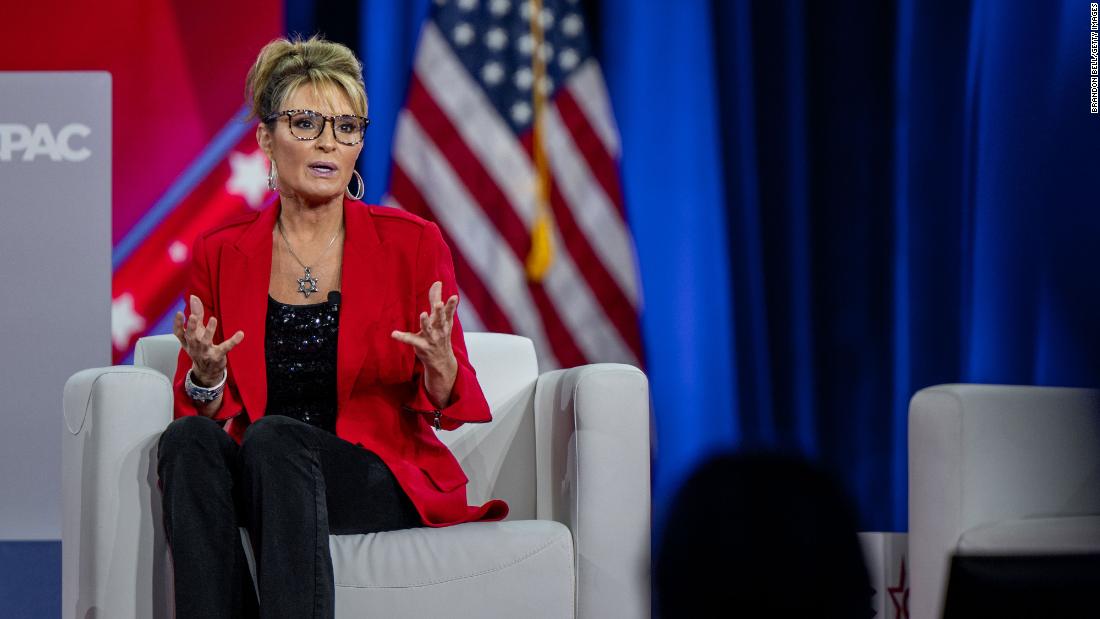
The race for Young’s seat is the first election in Alaska to be conducted using ranked-choice voting.
Alaska elections officials removed him from the ballot, leaving only three candidate: Peltola, Palin and Republican Nick Begich III, the scion of a prominent Alaska Democratic family.
Elections in Alaska are conducted largely by mail, and because some votes come from remote regions disconnected from road systems, the state allows 10 extra days for ballots to arrive and be counted.
At 4 p.m. local time — or 8 p.m. ET — the Alaska Division of Elections on Wednesday will conduct its ranked-choice tabulation to see which candidate receives the second-place votes of those who backed Begich.
The elections division plans to live-stream its tabulation, which should take mere moments, since it is conducted on a computer.
“Alaskans are a pretty savvy bunch. We’ve elected independent governors; US senators with a write-in campaign. We’re used to elections looking a little bit different than most places,” said Jason Grenn, a former independent member of the state legislature who is now the executive director of of Alaskans for Better Elections, a group that pushed for the ranked-choice voting system.
He was referring to former Gov. Bill Walker, an independent who is running again this year against Republican Gov. Mike Dunleavy, as well as Sen. Lisa Murkowski, a Republican who in 2010 lost the Republican Senate primary to tea party candidate Joe Miller but then won November’s general election as a write-in candidate.
“Opening up the primaries, letting voters choose who they want to regardless of party affiliation, combined with ranked-choice voting — it was really two different approaches that allow voters to have more power and have a louder voice,” Grenn said. “They like to vote for the person, not the party.”
The race for the late Young’s former seat has been viewed nationally through the lens of the attempted political comeback of Palin, who in 2008 became the Republican vice presidential nominee and, after losing, in 2009 resigned midway through her lone term in the governor’s office. She has not run for office since.
However, in Alaska, the most significant factor in the race has been Gross’ departure.
That funneled Democratic support to Peltola, a well-regarded former state lawmaker and salmon advocate who is vying to become the first Alaska Native elected to Congress.
Peltola has a warm personal relationship with Palin and was also close to Young’s family. Her father taught school with Young before the long-time congressman was first elected following the 1972 disappearance of the plane of Nick Begich, the Democratic House member and Begich III’s grandfather.
Her campaign has seized on the US Supreme Court’s decision to overturn Roe v. Wade, with Peltola emphasizing her support for abortion rights on the campaign trail.
Palin’s hopes, meanwhile, are largely dependent on Republican voters having listed the two Republican candidates first and second on their list of choices. She would need more to be the second choice of more than two-thirds of the voters who ranked Begich first.
Still, all three candidates will get another shot at the House seat in November.
On August 16 — the same day voters cast their ranked-choice ballots in the special congressional election — they also conducted the primary for November’s general election for a full term in the House.

